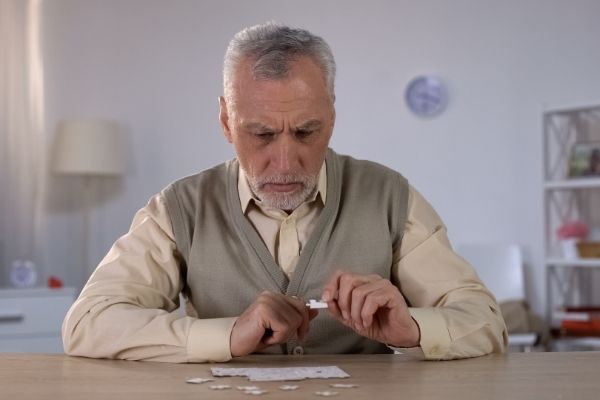
The Covid-19 pandemic has claimed the lives of over 5.5 million people worldwide. Covid-19 is caused by the corona virus SARS CoV-2. It is transmitted when people are exposed to contaminated airborne droplets, especially in indoor spaces. This virus attacks multiple systems in the human body. Even though it is mainly a respiratory disease affecting the lungs, it also affects the circulatory system and central nervous system. It can affect the circulatory system by preventing oxygen from reaching the heart properly and resulting in neurological problems stemming from a stroke. Most people infected with Covid-19 will experience mild to moderate symptoms. Those individuals with severe cases of Covid-19 may continue to experience long-lasting effects from the virus even after recovery. In many cases, cognitive problems appear to continue to persevere even after an apparent complete recovery from Covid-19.

Are You Having Trouble Focusing?
The most common cognitive problems reported in the early chronic period are impaired attention span, difficulty concentrating, word-finding deficits, memory problems and brain fog, or the inability to think clearly. Most people will recover from their neurological deficits and return to their previous jobs and lifestyle. However, others will need services like speech-language therapy to help them regain their baseline functional level or as close to that as possible. To help in this area, a speech-language pathologist (SLP) can complete a cognitive assessment and develop goals and a plan of rehabilitation.
During these times of high infection rates, alternative ways to deliver rehabilitation are crucial to ensuring that persons recovering from Covid-19 continue to receive the services they need. Intervention for cognitive and speech problems can be provided through virtual methods. Online live therapy can be done from the comfort of one’s home, or therapy software applications and programs that are readily available. These software programs provide many mental exercises that address memory, speech-language, attention, and other thinking skills.
As we learn more about the long-term effects of Covid-19, we will be better equipped to help restore the physical health and overall cognitive and psychological health of those affected by Covid-19. SLPs play a vital role in the recovery of these individuals.

